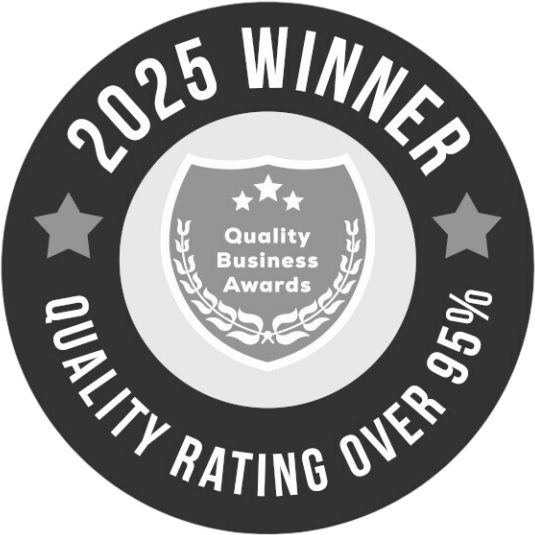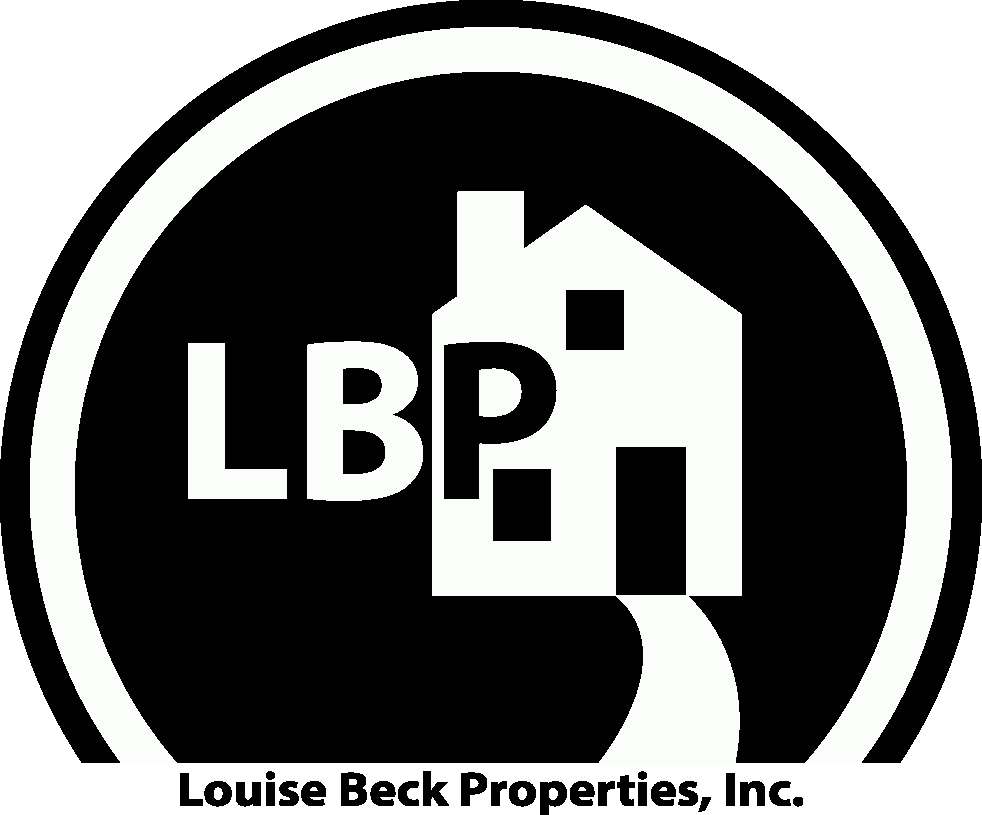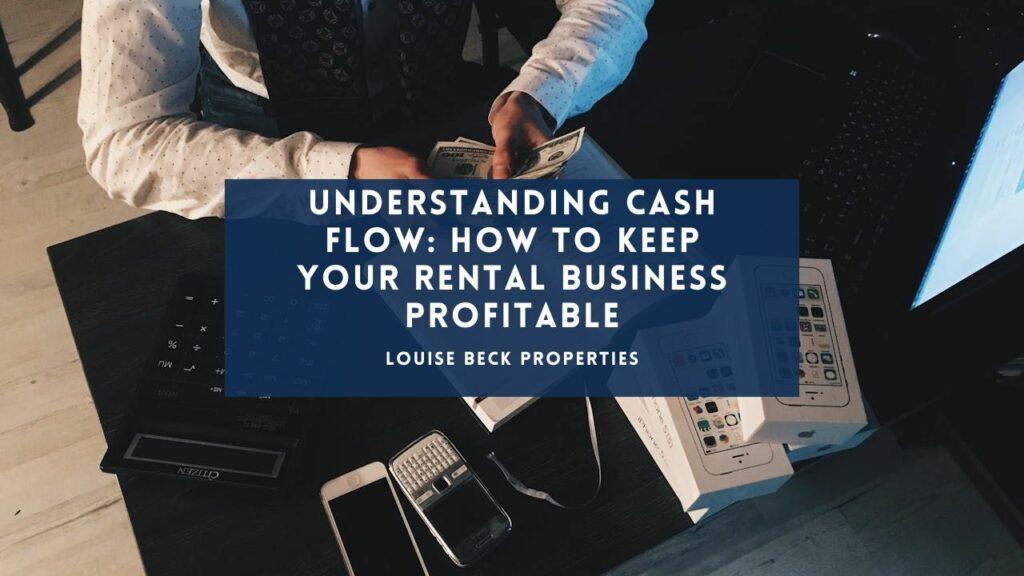
Key Takeaways
- Cash flow represents what’s left after all expenses are paid. Consistently positive cash flow indicates a sustainable, profitable property, while negative cash flow signals the need to adjust pricing, expenses, or strategy.
- Demand in areas like Chapel Hill or Carrboro, the type of property you own, and whether you pursue long-term or short-term rentals all influence income and costs. Hidden or recurring expenses can erode profitability if not carefully tracked.
- Smart rent pricing, strong lease agreements, reducing vacancy time, investing in value-adding upgrades, and maintaining a reserve fund all contribute to healthier cash flow. Professional property management can further optimize income, minimize costs, and protect the property’s long-term value.
For property owners across Chapel Hill, Carrboro, Hillsborough, Durham, and northern Chatham County, cash flow is the lifeblood of a successful rental business. It reveals whether your investment is truly profitable or slowly draining resources, and when managed well, it funds upgrades, covers expenses, and fuels future growth.
That’s why Louise Beck Properties has put together this article to help you manage your cash flow in the best way possible!
What Cash Flow Really Means for Landlords
At its core, cash flow equals the net income you earn after covering every expense tied to your rental property. It reveals how much money actually ends up in your pocket once you’ve paid for essentials like maintenance, taxes, insurance, and repairs.
There are two sides to the equation:
1. Gross cash flow
All the income your property generates.
2. Net cash flow
What’s left after deducting all expenses, such as repairs, property management fees, and taxes.
A positive cash flow means your income exceeds your expenses and that your rental is profitable and self-sustaining. A negative cash flow signals the need to reassess your rent, financing, or cost controls before problems compound.
How to Calculate Your Cash Flow
The formula itself is simple:
Cash Flow = Total Rental Income – Total Rental Expenses
If a Durham duplex earns $3,000 in monthly rent but costs $2,400 in mortgage, taxes, and maintenance, your cash flow is $600, a solid return. Maintaining that positive margin every month allows reinvestment in new properties or capital improvements.

What Defines “Good” Cash Flow?
While every property performs differently, several key factors influence whether your cash flow is healthy:
Location
Strong rental demand is driven by access to jobs, schools, and amenities. In high-demand areas like Chapel Hill or Carrboro, consistent demand and limited inventory often yield higher rents. Still, stay mindful of local ordinances that might restrict how much rent can increase annually.
Property Type and Price
Multi-family buildings often generate stronger cash flow than single-family homes since multiple units share operating costs. Conversely, higher-end properties may earn more rent but also carry larger insurance and upkeep costs. The balance between rent potential and expense load determines true profitability.
Rental Strategy
Your approach shapes cash flow patterns. For instance, a fully furnished Hillsborough townhouse listed on Airbnb might yield higher peak-season revenue but requires more frequent cleanings, guest management, and marketing. A long-term lease, meanwhile, provides stable income and lower turnover costs.
Expenses That Can Undermine Profit
Even strong rental income can be undercut by hidden or inconsistent expenses. Understanding what impacts your bottom line helps you stay proactive.
- Vacancy costs
Every empty month means lost income and potential utility or staging costs.
- Repairs and maintenance
From replacing HVAC systems to fixing leaks, these are recurring realities of property ownership.
- Property management fees
While they’re an added cost, professional management can boost net cash flow by minimizing vacancies and handling tenant issues efficiently.
- Property taxes and insurance
Regularly review these expenses to ensure your coverage and tax assessments remain accurate.
- Capital improvements
Roof replacements, appliance upgrades, and energy-efficiency retrofits are essential for long-term performance but must be budgeted carefully.
Accounting for each category helps you calculate a realistic cash flow figure.

How Much Cash Flow Is “Enough”?
Most U.S. investors target at least an 8% ROI, with 10% or higher considered strong performance. While returns vary by market and property type, healthy cash flow should cover expenses and still leave room to build reserves for maintenance and surprises.
Strategies to Strengthen Cash Flow
Maintaining cash flow is about systems and foresight.
Price Rent Strategically
Set rent high enough to cover mortgage and operating expenses. Regularly review comparable listings across Chapel Hill and Carrboro to ensure your pricing remains competitive.
Craft Strong Lease Agreements
A detailed lease protects your income stream. It should clearly define tenant responsibilities and outline late fees to prevent misunderstandings.
Reduce Vacancy Time
Vacancies are your biggest enemy. Promote listings early through online platforms, local groups, and professional photos to attract quality tenants quickly.
Invest in Value-Adding Upgrades
Simple improvements, like new lighting or energy-efficient appliances, can command higher rents. Over time, these upgrades raise your property’s long-term market value.
Plan for Maintenance and Reserves
A general rule is to set aside at least 1% of your property’s value annually for maintenance. This reserve helps cover sudden repairs without disrupting your income.
The Role of Professional Property Management
Managing a rental property well requires time, expertise, and constant attention to detail. Between rent collection, legal compliance, maintenance coordination, and tenant communication, it can quickly feel like a full-time job.

That’s where a trusted property management partner makes the difference. A professional team can:
- Monitor market trends to ensure your rent is competitive.
- Handle maintenance efficiently to protect your property’s condition.
- Enforce leases and ensure timely payments.
- Optimize marketing and screening to attract high-quality tenants.
In short, a management company helps you preserve, and often grow, your cash flow by treating your investment like a business, not a side project.
Final Takeaway
Positive cash flow is essential for long-term real estate success. It funds your expenses, cushions against market shifts, and enables reinvestment into your next opportunity. By understanding your numbers, controlling expenses, and applying smart management practices, you can turn your rental portfolio into a reliable source of income and growth.
Our expert property management team at Louise Beck Properties can help you calculate, improve, and protect your cash flow while managing your rentals efficiently. From pricing strategy to maintenance oversight, we handle every detail so your investments work harder for you.

